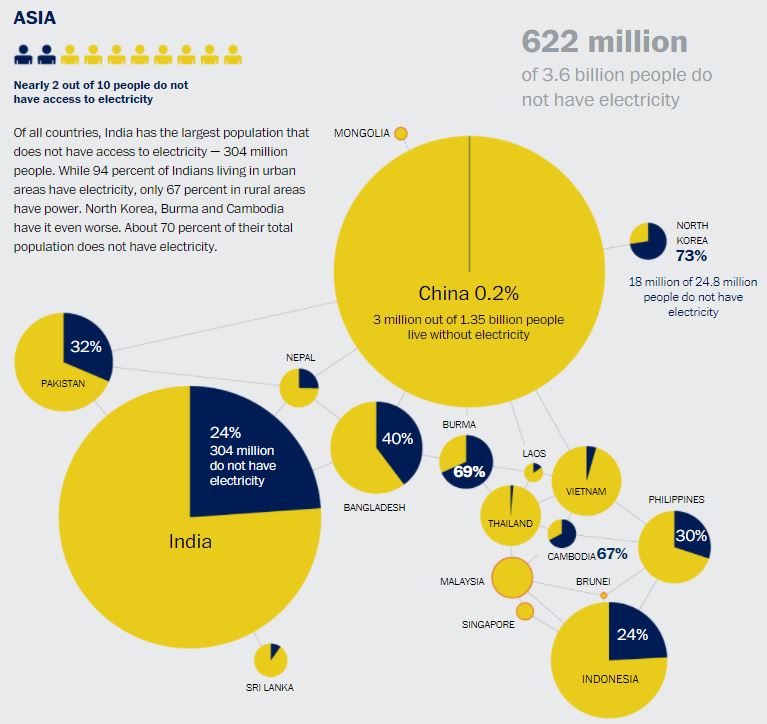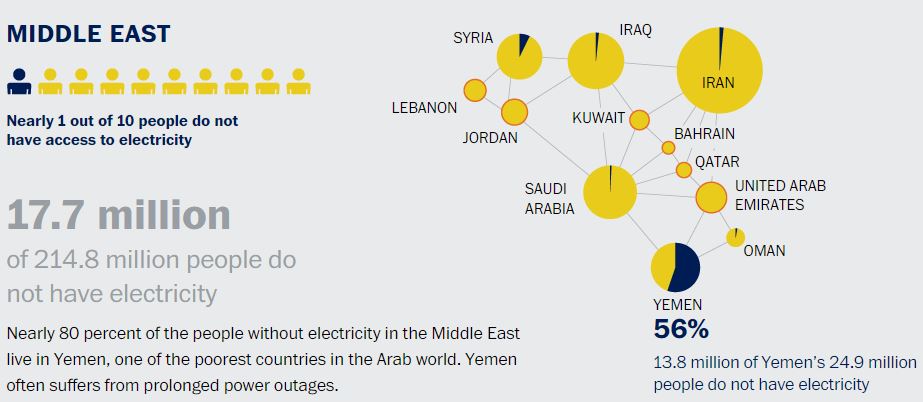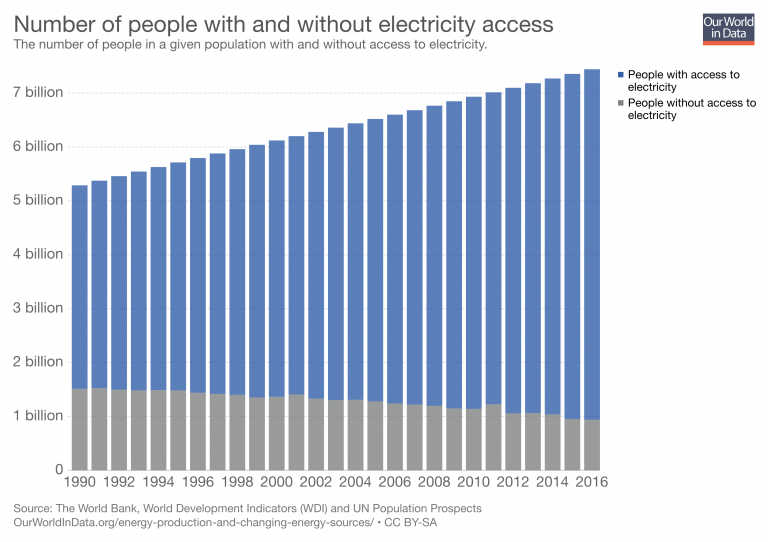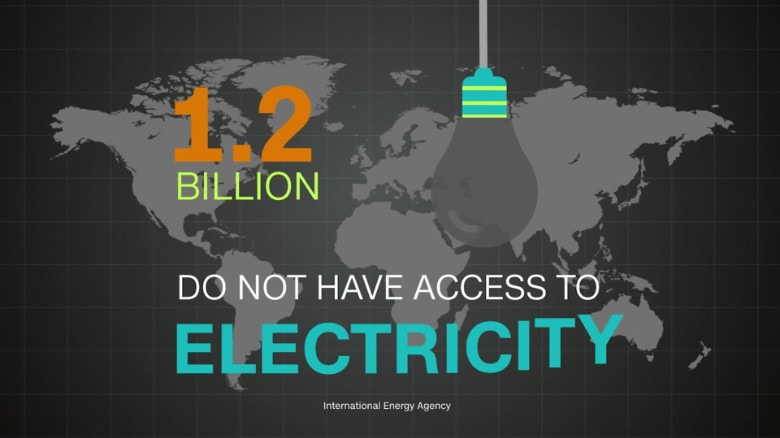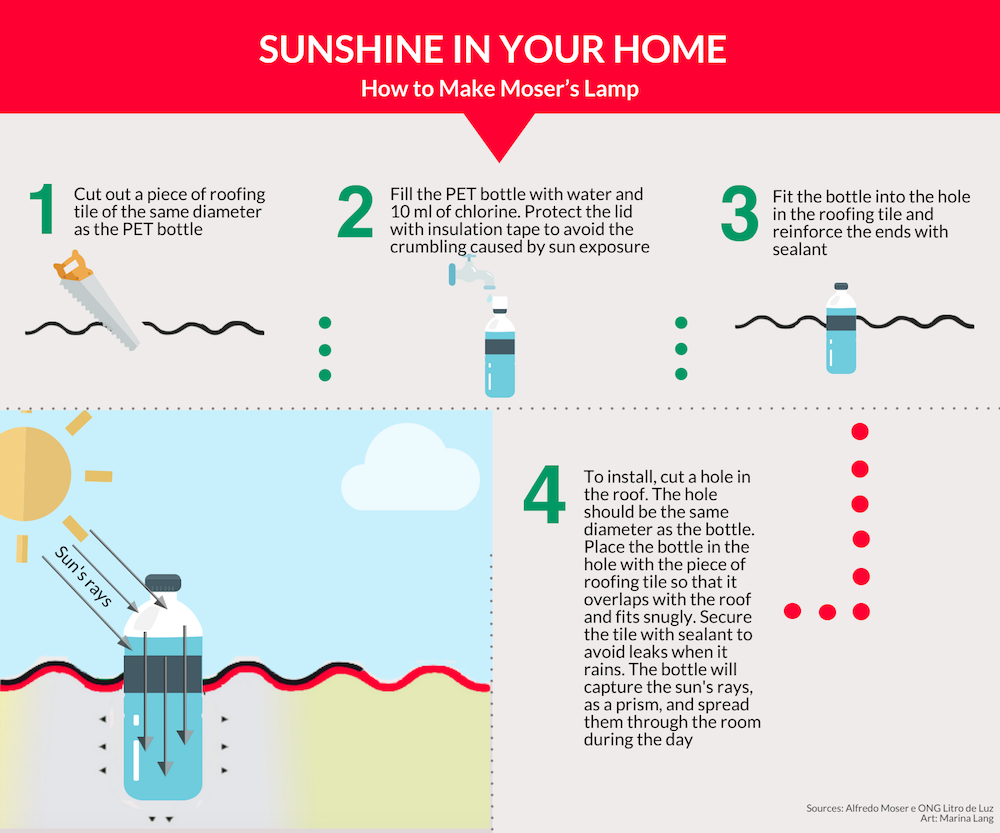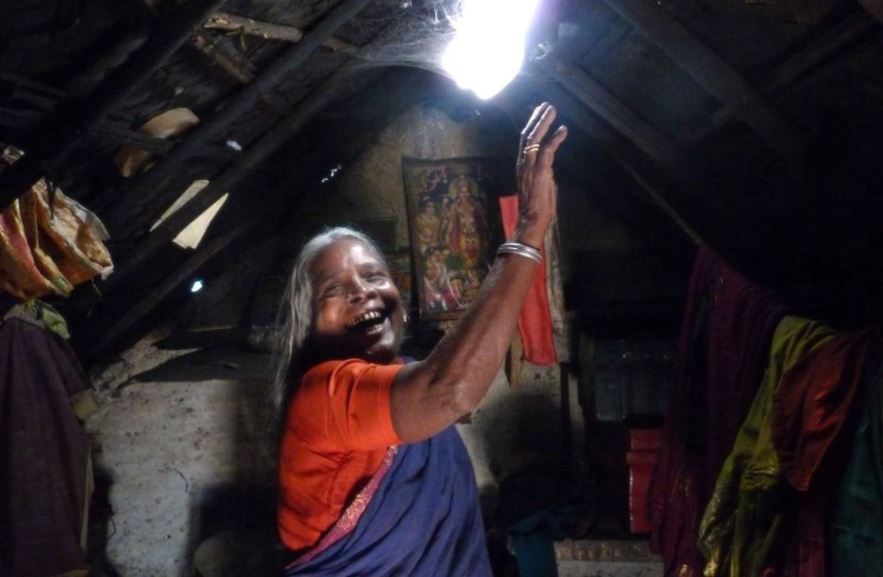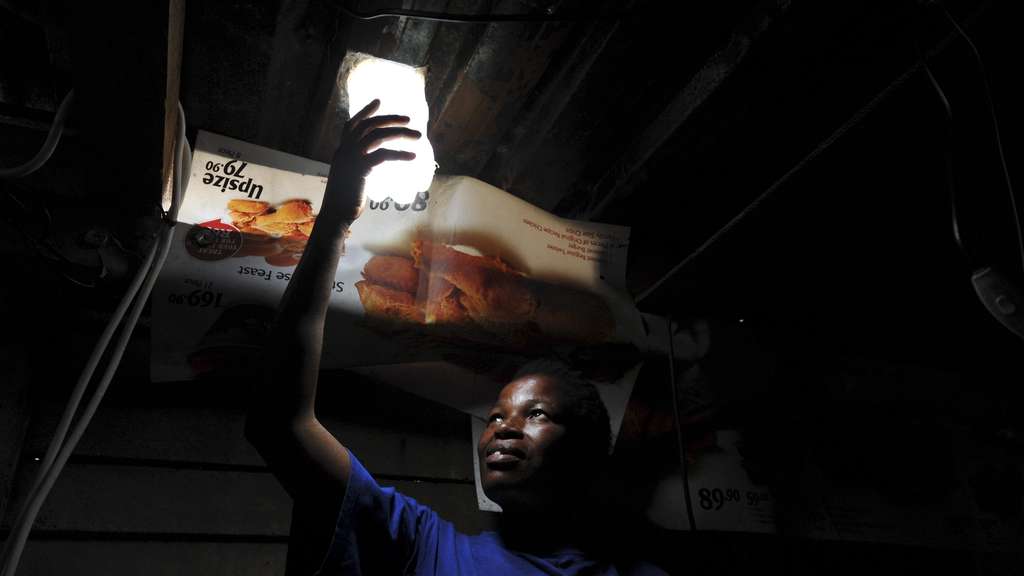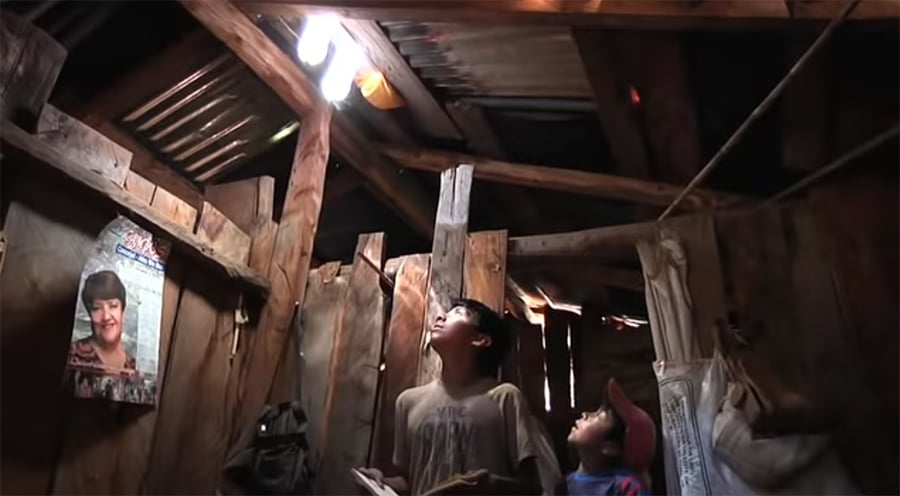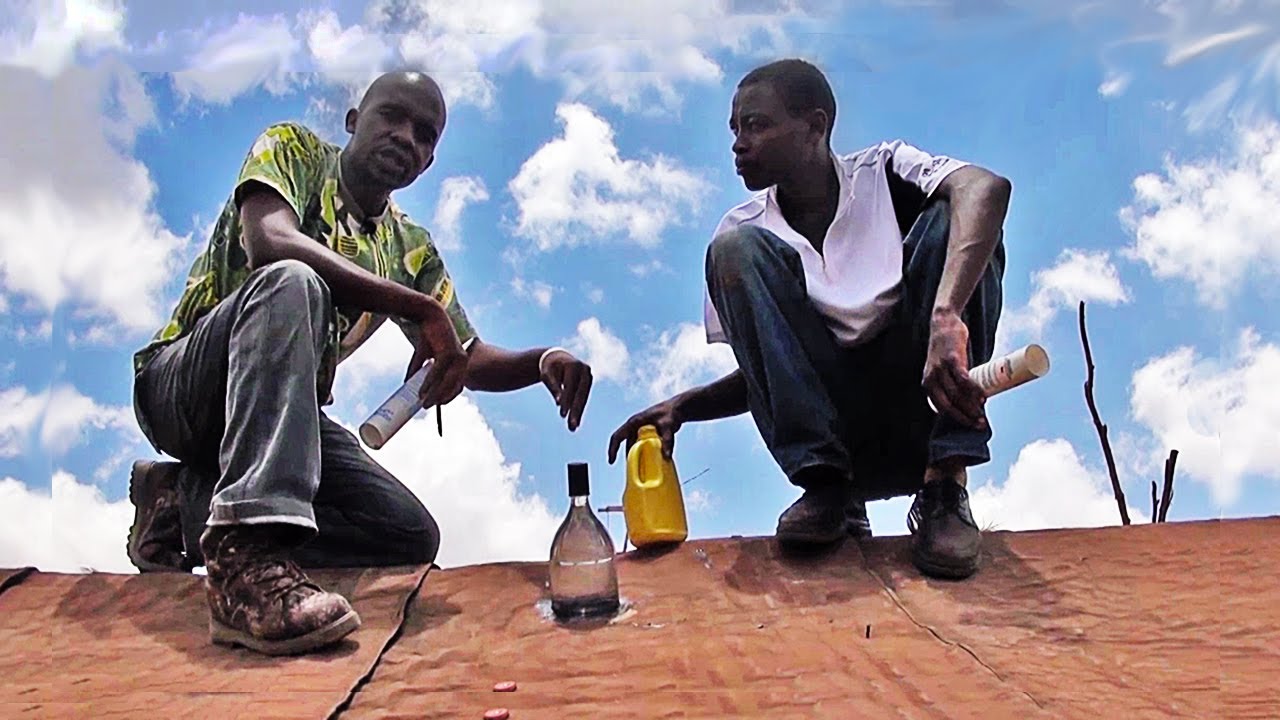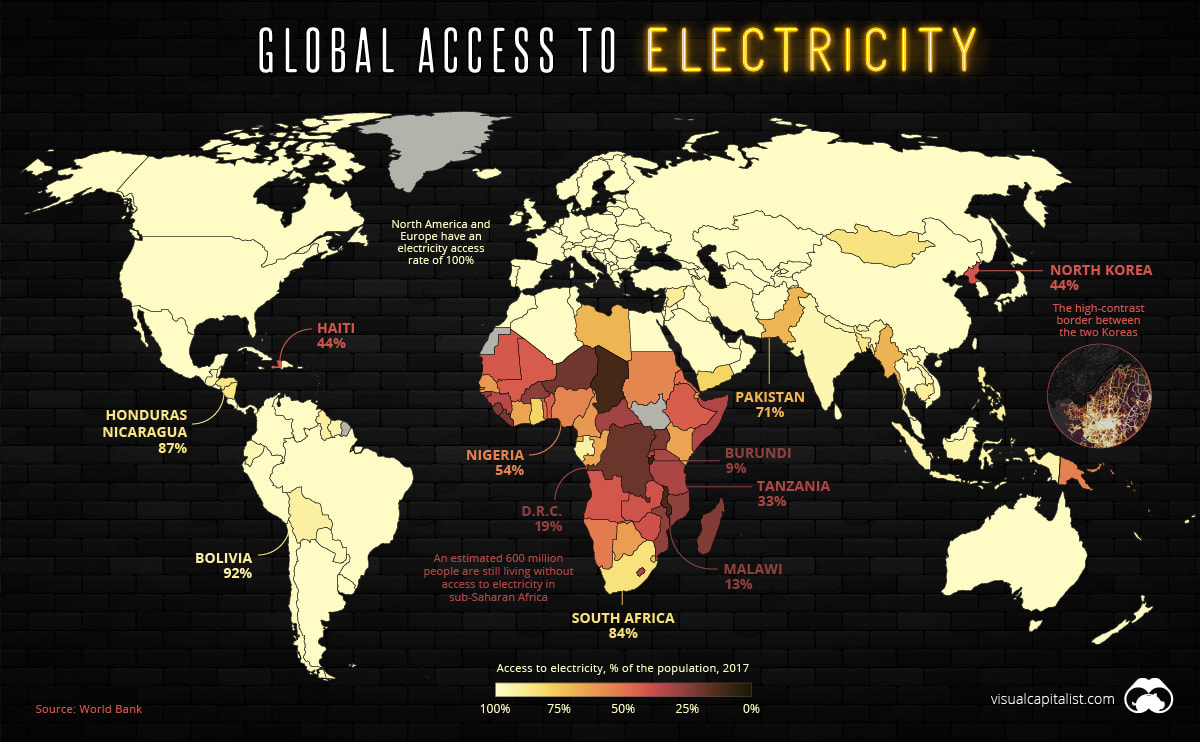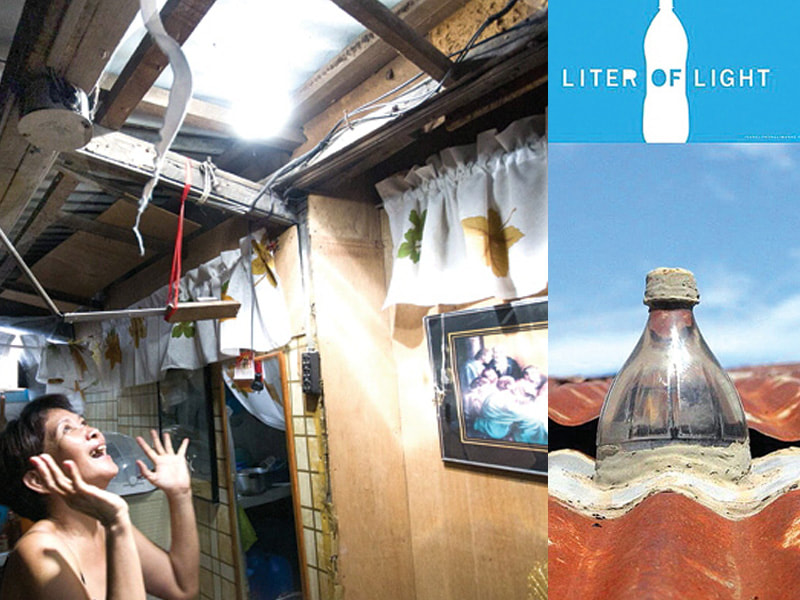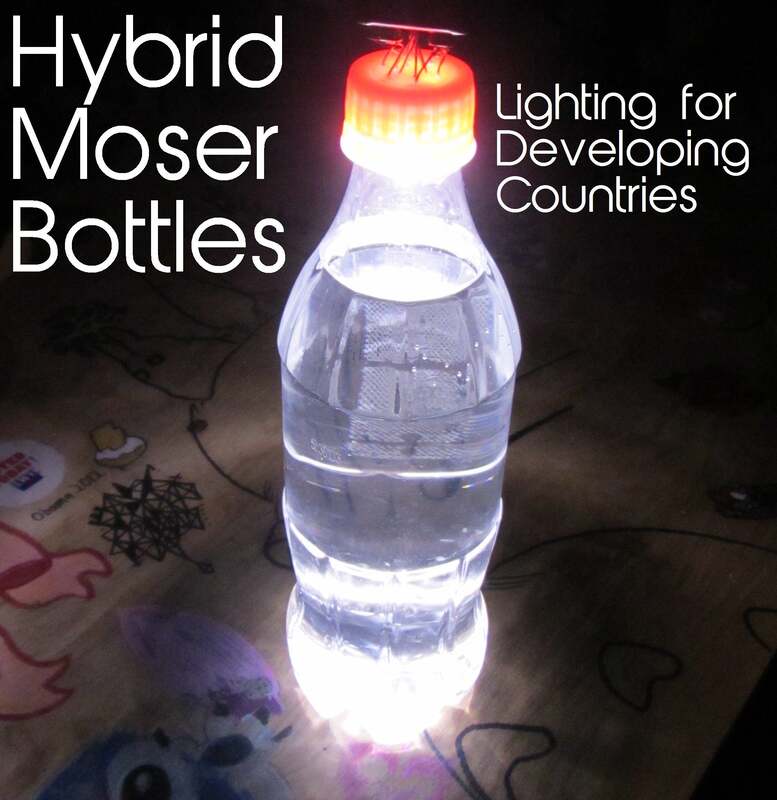16.12.2020
Turning Trash Into Light , 1.1 Billion Are Living In The Dark.
The simple act of filling recycled plastic bottles with water and chlorine has allowed light to enter millions of previously unlit homes around the globe. What's more, this innovation has saved low-income families up to 40% on electricity bills. Alfredo Moser, a Brazilian mechanic, his invention was very easy to produce — it only required a half-liter plastic bottle filled with water and 10 milliliters of chlorine. And with the bottle fitted into a small hole made in the roof, sunlight could then be reflected into those places it did not normally reach. These types of sustainable “light bulbs” have a lifespan of 10 years and do not require servicing over that period. With such a simple and low-cost solution, it was almost inevitable that this new model would be copied in millions of households around the world, where poor families living in often-windowless houses couldn’t afford to keep light bulbs burning during the day.
Credit: LITER OF LIGHT
Credit: LITER OF LIGHT
Poverty deprives people of adequate education, health care and of life's most basic necessities- safe living conditions (including clean air and clean drinking water) and an adequate food supply. The developed (industrialized) countries today account for roughly 20 percent of the world's population but control about 80 percent of the world's wealth.
Poverty and pollution seem to operate in a vicious cycle that, so far, has been hard to break. Even in the developed nations, the gap between the rich and the poor is evident in their respective social and environmental conditions.
Poverty and pollution seem to operate in a vicious cycle that, so far, has been hard to break. Even in the developed nations, the gap between the rich and the poor is evident in their respective social and environmental conditions.
